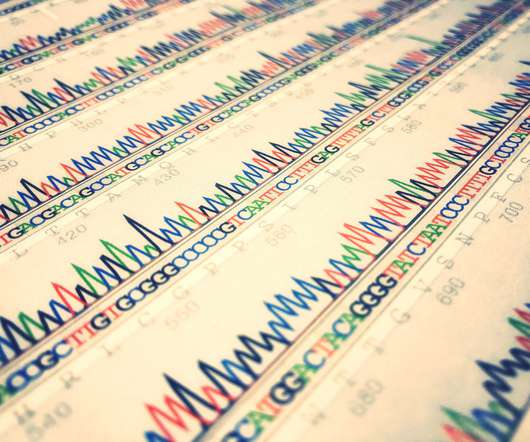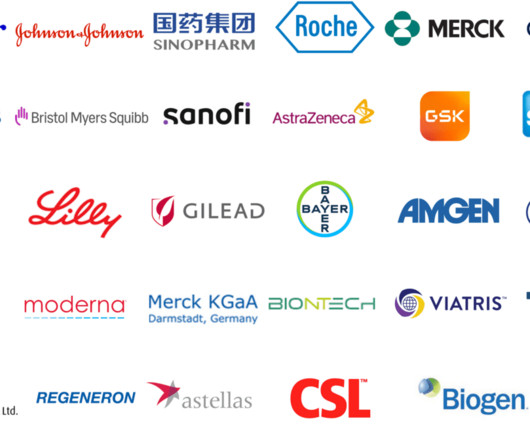AI and the Big Data paradigm – big ambitions in novel drug discovery
pharmaphorum
JANUARY 11, 2023
Over the past few decades, data generation has veritably exploded. However, the ‘Big Data paradigm’ is not so much concerned with the volume of that data, but how businesses and, indeed, industries can derive meaningful insights from what has become a glut of information. From Big Data to small.

















Let's personalize your content